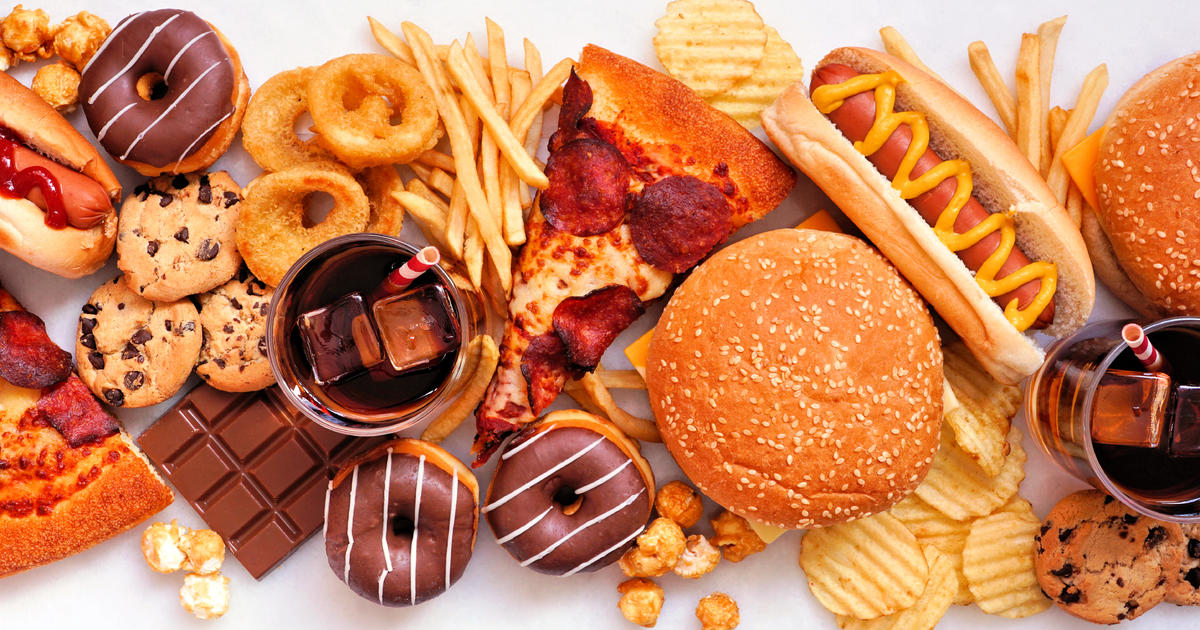
A new study has found that eating ultra-processed foods is linked to a higher risk of early death.
The study, published in the BMJ journal, examined the eating habits of 115,000 people and found that a higher intake of ultraprocessed foods was associated with a slightly higher mortality risk.
Ultraprocessed foods include packaged baked goods and snacks, fizzy drinks, sugary cereals, and ready-to-eat or heat products. They often contain colors, emulsifiers, flavors, and other additives and are typically high in energy, added sugar, saturated fat, and salt but lack vitamins and fiber.
The study found that those who ate the most ultra-processed food (about 7 servings per day) had a 4% higher risk of death by any cause compared to participants who ate the lowest amount (a median of about 3 servings per day). Ready-to-eat meat, poultry and seafood-based products, sugary drinks, dairy-based desserts, and highly processed breakfast foods were found to have the strongest associations with increased mortality.
The study followed people from 1986 to 2018 who had no underlying risks and polled them every two years. It found that people who ate the most ultraprocessed food had a 4 percent higher risk of death.
Meats consistently showed strong associations with mortality outcomes, while soda, ice cream and processed breakfast foods also had high association with mortality. Processed foods such as cereal or whole grain products were less likely to have as high of risks because they contain fiber, vitamins and minerals.
Ultraprocessed foods have been linked to weight gain in children and adults in Brazil. Scientists have found associations between UPFs and a range of health conditions including heart disease, Type 2 diabetes, obesity, gastrointestinal diseases and depression as well as earlier death.
UPFs account for 67 percent of the calories consumed by children and teenagers in the United States. In the mid-1990s, Carlos Monteiro and his colleagues at the University of São Paulo noticed a rapid rise in obesity rates among children in Brazil. People were purchasing less sugar, salt, cooking oils and staples like rice and beans, and more processed foods like sodas, sausages, instant noodles, packaged breads and cookies.
The study did not draw exact cause-and-effect conclusions as it is an observational study. The participants were health professionals and predominantly White and non-Hispanic, limiting the generalizability of the findings. However, the findings provide support for limiting consumption of certain types of ultra-processed food for long term health.








